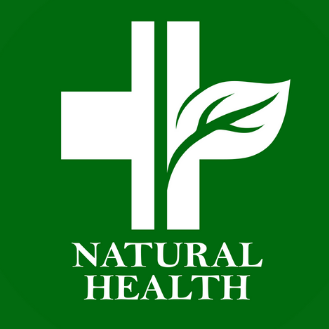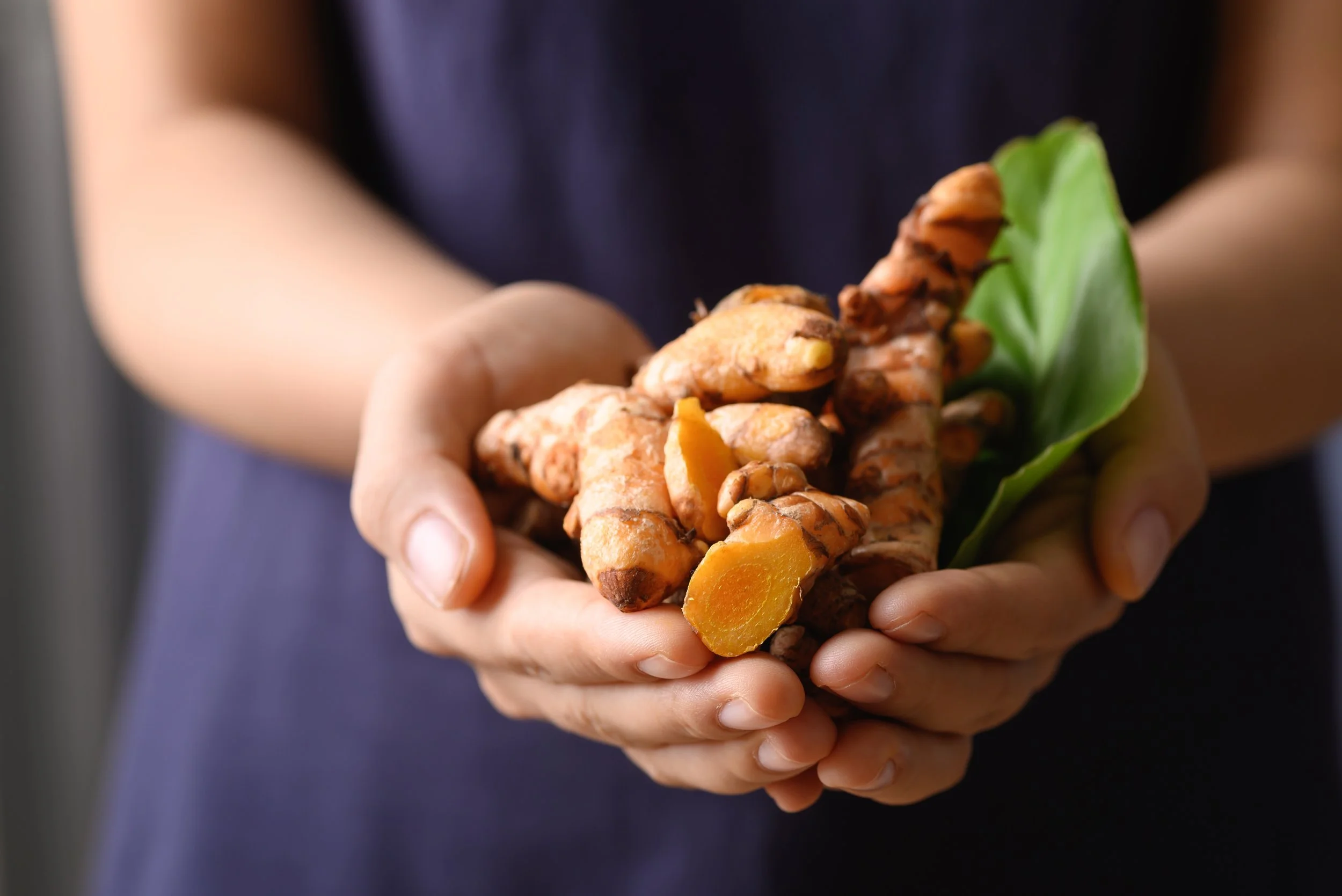The Synergistic Power of Grape Seed Extract and Curcumin for Enhanced Health
by Meagan Clayton
When was the last time a natural remedy revolutionized how we think about health? While both grape seed extract and curcumin have individually dazzled the health community with their exceptional benefits, something extraordinary happens when these two natural powerhouses join forces.
With their complementary strengths—from antioxidant protection to reducing inflammation and beyond—these botanical ingredients aren’t just trends; they’re game-changers for achieving optimal well-being.
But what makes this duo so effective? And how can modern science harness their potential to tackle some of the most pressing health challenges?
The Growing Popularity of Natural Synergies
Consumers today are increasingly turning to science-backed, natural remedies to support their health goals. However, the reality is that many supplements underdeliver either due to poor formulation practices or limited consumer education on their proper use. Grape seed extract and curcumin offer an exciting exception to that trend.
Both are widely celebrated for their individual benefits:
Curcumin, extracted from turmeric, is a potent anti-inflammatory that impacts thousands of pathways in the body, making it one of nature's most versatile remedies.
Grape seed extract, renowned as a powerful antioxidant, combats free radicals, promotes cardiovascular health, and even addresses issues like hyperactivity and cancer.
But when paired, these compounds amplify each other’s strengths, offering more comprehensive support for the body.
Why Synergy Matters
The saying "the whole is greater than the sum of its parts" rings especially true for this combination. While grape seed extract excels at targeting oxidation and maintaining cellular balance, curcumin complements this with systemic inflammation reduction and pathway modulation. This synergy creates a dynamic duo that is greater than either ingredient alone.
The Challenges of Harnessing Potential
Variable Product Quality
One major hurdle for consumers lies in finding high-quality supplements. Not all grape seed extract or curcumin products are created equal. Many grape seed supplements are tainted with tannins, making them difficult to absorb, while some curcumin formulations lack the bioavailability needed to deliver therapeutic benefits.
Efficacy Through Standardization
When tannin-free French grape seed extract (e.g., VX1) and highly bioavailable curcumin formulations are used, the effects skyrocket. These advanced forms ensure that the body effectively absorbs and utilizes the compounds, delivering consistent results.
Educating Consumers on Synergy
Despite their individual success, most consumers are unaware of how grape seed extract and curcumin can work together to bring maximum results. This knowledge gap limits adoption and undercuts the potential benefits.
Key Benefits of Grape Seed Extract and Curcumin
Supercharged Antioxidant Protection
Both grape seed extract and curcumin excel in neutralizing harmful free radicals. However, research shows that grape seed extract may actually outperform curcumin in antioxidant power, offering critical cellular protection against environmental and lifestyle stressors.
Example: French grape seed extract (VX1) demonstrated the ability to reduce oxidative damage to blood vessels and DNA, two critical aspects of long-term health.
Enhanced Cardiovascular Health
Grape seed extract has been clinically proven to reduce high blood pressure and improve blood vessel elasticity, while curcumin’s anti-inflammatory properties further support endothelial function. Together, these compounds reduce risk factors for heart disease.
Case Study: An Italian clinical trial revealed that grape seed extract normalized blood pressure in 93% of participants, offering significant cardiovascular protection.
Anti-Cancer Potential
Here’s where the synergy shines. Recent studies show that grape seed OPCs (oligomeric proanthocyanidins) can target resistant cancer cells, including colorectal and breast cancers, by suppressing tumor growth and promoting apoptosis (programmed cancer cell death). Curcumin plays a complementary role by reducing inflammation that fuels cancer progression.
Key Insight: Tannin-free grape seed extract showed unprecedented efficacy in targeting cancer stem cells, which standard chemotherapy often misses, while curcumin amplified its impact by enhancing drug effectiveness.
Boosted Cognitive Health
Brain health benefits from reduced oxidative stress and inflammation. Grape seed extract minimizes beta-amyloid plaque accumulation, a hallmark of Alzheimer’s, while curcumin promotes brain plasticity, enhancing learning and memory.
Data Point: Research from Mount Sinai demonstrated that grape seed extract inhibited plaque formation and tangles associated with Alzheimer's, while curcumin optimized brain pathways for communication.
Synergistic Solutions for Chronic Conditions
From diabetes management to joint health, this duo tackles the underlying causes of chronic conditions rather than just relieving symptoms. Together, they regulate blood sugar, reduce fat accumulation, and modulate inflammatory responses for effective long-term support.
Example: Grape seed extract's ability to increase adiponectin levels (a protein crucial for insulin metabolism) pairs perfectly with curcumin's impact on systemic inflammation, reducing the risk of both diabetes and metabolic syndrome.
How to Integrate this Dynamic Duo into Your Regimen
Look for the Right Formulations
To get the most out of these ingredients, look for products that prioritize advanced bioavailability. For grape seed extract, opt for tannin-free options standardized for OPCs. For curcumin, select formulations that include absorption enhancers like turmeric oil or advanced liposome delivery.
Pair with Lifestyle Changes
While supplementation boosts results, pairing it with healthy habits like exercise and a balanced diet further enhances benefits. Think of this as a 360° approach to health optimization.
Getting Started
Curious about how grape seed extract and curcumin could revolutionize your well-being? There's no better time to experience the benefits for yourself. Combining these two ingredients is like turbocharging your health routine with nature’s best remedies.
Join thousands already using these powerful compounds to stay ahead in their wellness journeys. Try a high-quality grape seed extract today and unlock the full potential of this natural synergy.
This isn’t just supplementation; this is a movement to reclaim health and vitality. Are you ready to take the first step?
References:
1. Bijak, M., Kolodziejczyk-Czepas, J., Ponczek, M. B., Saluk, J., & Nowak, P. (2012). Protective effects of grape seed extract against oxidative and nitrative damage of plasma proteins. International journal of biological macromolecules, 51(3), 183–187. https://doi.org/10.1016/j.ijbiomac.2012.05.009
2. Habib, H. M., El-Fakharany, E. M., Kheadr, E., & Ibrahim, W. H. (2022). Grape seed proanthocyanidin extract inhibits DNA and protein damage and labile iron, enzyme, and cancer cell activities. Scientific reports, 12(1), 12393. https://doi.org/10.1038/s41598-022-16608-2
3. Schön, C., Allegrini, P., Engelhart-Jentzsch, K., Riva, A., & Petrangolini, G. (2021). Grape Seed Extract Positively Modulates Blood Pressure and Perceived Stress: A Randomized, Double-Blind, Placebo-Controlled Study in Healthy Volunteers. Nutrients, 13(2), 654. https://doi.org/10.3390/nu13020654
4. Rasines-Perea, Z., & Teissedre, P.-L. (2017). Grape Polyphenols’ Effects in Human Cardiovascular Diseases and Diabetes. Molecules, 22(1), 68. https://doi.org/10.3390/molecules22010068
5. Ravindranathan, P., Pasham, D., Balaji, U., Cardenas, J., Gu, J., Toden, S., & Goel, A. (2018). A combination of curcumin and oligomeric proanthocyanidins offer superior anti-tumorigenic properties in colorectal cancer. Scientific reports, 8(1), 13869. https://doi.org/10.1038/s41598-018-32267-8
6. Ravindranathan, P., Pasham, D., & Goel, A. (2019). Oligomeric proanthocyanidins (OPCs) from grape seed extract suppress the activity of ABC transporters in overcoming chemoresistance in colorectal cancer cells. Carcinogenesis, 40(3), 412–421. https://doi.org/10.1093/carcin/bgy184
7. Toden, Shusuke & Ravindranathan, Preethi & Gu, Jinghua & Cardenas, Jacob & Yuchang, Madelaine & Goel, Ajay. (2018). Oligomeric proanthocyanidins (OPCs) target cancer stem-like cells and suppress tumor organoid formation in colorectal cancer. Scientific Reports. 8. 10.1038/s41598-018-21478-8.
8. Wang, J., Ho, L., Zhao, W., Ono, K., Rosensweig, C., Chen, L., Humala, N., Teplow, D. B., & Pasinetti, G. M. (2008). Grape-derived polyphenolics prevent Abeta oligomerization and attenuate cognitive deterioration in a mouse model of Alzheimer's disease. The Journal of neuroscience : the official journal of the Society for Neuroscience, 28(25), 6388–6392. https://doi.org/10.1523/JNEUROSCI.0364-08.2008
9. Moon, S. W., Shin, Y. U., Cho, H., Bae, S. H., Kim, H. K., & and for the Mogen Study Group (2019). Effect of grape seed proanthocyanidin extract on hard exudates in patients with non-proliferative diabetic retinopathy. Medicine, 98(21), e15515. https://doi.org/10.1097/MD.0000000000015515
10. Liu, M., Yun, P., Hu, Y., Yang, J., Khadka, R. B., & Peng, X. (2020). Effects of Grape Seed Proanthocyanidin Extract on Obesity. Obesity facts, 13(2), 279–291. https://doi.org/10.1159/000502235
We are happy to provide our opinion on diet and nutrition, supplements and lifestyle choices. This information is for educational purposes only. It is not meant to replace the advice of your physician and is not to be considered medical advice, diagnosis or treatment. Should you have any concerns please contact your physician directly.



